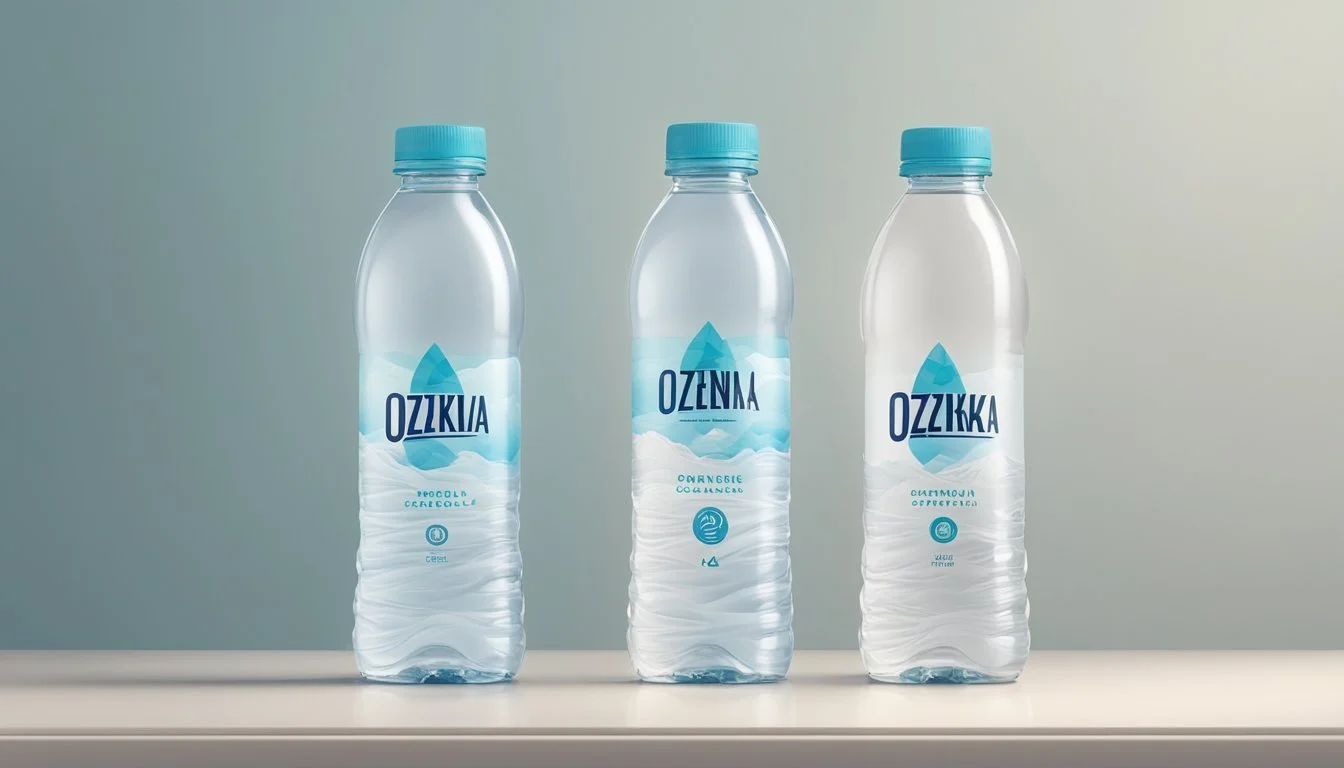Eternal vs. Ozarka
Comprehensive Comparison of Bottled Water Brands
Choosing the right bottled water can enhance one's hydration experience, whether it's for taste, mineral content, or purity levels. Among the myriad bottled water brands available, Eternal and Ozarka stand out for their unique sources and quality. Both brands have their loyal customer bases and claim to offer a refreshing taste and beneficial minerals.
Eternal water originates from a naturally alkaline spring, where the water is filtered through layers of ancient rock and gains minerals naturally. This process imbues the water with a unique mineral composition and a naturally occurring high pH level, which is believed by some to aid in neutralizing body acidity. Eternal's position in the market is often associated with its natural source and the health benefits of alkaline water.
On the other hand, Ozarka water, sourced from springs in Texas, prides itself on offering a taste of the region. It is bottled at the source and aims to deliver the fresh, crisp taste characteristic of spring water. Ozarka emphasizes its local roots and commitment to providing natural spring water without any added processes. The brand suggests that its straightforward approach to bottling from natural springs is what makes it stand out.
Understanding the Basics
Before comparing Eternal and Ozarka bottled waters, one should be familiar with the general characteristics and concerns related to bottled water. Bottled water is typically available in two main varieties: spring water and purified water. Spring water is sourced from natural springs and may contain minerals, while purified water has undergone processes such as distillation, deionization, or reverse osmosis to remove impurities.
Hydration is the primary reason consumers turn to bottled water, seeking a clean taste and convenience over tap water. The pH levels in bottled water can vary, with some brands advertising alkaline water, which has higher pH levels purported to offer health benefits.
Concerns about bottled water include the presence of heavy metals, which can have negative health impacts. Therefore, reputable water brands ensure their product is free from contaminants and meets federally regulated standards for potable water.
When evaluating water brands like Eternal and Ozarka:
Eternal typically markets itself as a naturally alkaline spring water.
Ozarka, sourced from Texas springs, is known for its natural taste and mineral content.
It's crucial for these brands to provide transparency about their sources and water quality to reassure consumers. They both claim to offer natural and refreshing hydration options, each with its own unique profile.
A Deep Dive into Bottled Water Brands
This section explores various bottled water brands, focusing on Eternal and Ozarka, and touches upon their sources, health impact, taste, and consumer preferences.
Eternal Water
Eternal Water is known for its natural alkalinity and originates from protected underground springs. Its water is naturally filtered and enriched with minerals such as calcium and magnesium, providing a pH-balanced hydration option for health-conscious consumers.
Ozarka Water
Ozarka Water, sourced from Texas springs, boasts a fresh taste profile that it attributes to the natural filtration processes of the local ecosystem. The brand caters to those who prefer a regional touch to their bottled water.
Comparative Analysis of Other Popular Brands
Other notable brands like Fiji, Evian, and Voss are often contrasted due to their unique sources ranging from tropical rainforests to French Alps glaciers. Each brand's water profile is influenced by the varying mineral content of these distinct regions.
The Health Perspective
When it comes to health, brands like Essentia and Core Hydration offer enhanced water with added electrolytes like potassium and sodium for better hydration. Some experts, however, caution about potential health risks if consumed without necessity.
Exploring Water Sources
Mountain Valley Spring Water and Icelandic Glacial tout their pristine water sources—one from an ancient mountain and the other from Arctic glaciers. These sources can provide natural filtration through volcanic rock, adding unique mineral compositions to the water.
Environmental Considerations
The bottled water industry is scrutinized for its environmental impact, making sustainability a critical topic. Brands like Penta and Deer Park are pushing for more sustainable practices, including using eco-friendly materials and advocating for recycling.
Taste Profile
Water sourced from Arrowhead and Poland Spring is reputed for its crisp and refreshing taste, often attributed to the natural spring sources they utilize. The flavor nuances between brands can be subtle yet distinctly influenced by the regional characteristics of the water sources.
Technological Edge in Water Filtration
Advanced filtration technologies are employed by brands such as Dasani and Aquafina, which originate from public water sources but undergo rigorous treatment processes to ensure purity and enhance taste.
Purity and Safety Standards
Brands are strictly regulated to meet purity and safety standards set by institutions like the EPA and World Health Organization. Smartwater and Fiji pride themselves on adhering to such high standards, ensuring safe drinking water for consumers.
Consumer Insights and Preferences
Consumer preferences can vary widely; however, convenience and brand trust play significant roles. Companies like PepsiCo and Nestlé leverage these factors to meet demand, with brands like Pure Life being among the most recognizable in the market.
The Business of Bottled Water
The business aspect of bottled water, driven by companies like Nestlé and PepsiCo, caters to the convenience sought by consumers. Established brands must consistently innovate to maintain their market share amidst growing competition and evolving consumer expectations.
Ranking Bottled Waters: Worst to Best
Studies and consumer reviews often rank bottled waters from worst to best on various parameters including taste, purity, and environmental impact. Brands are consistently evaluated to inform consumer choices, though rankings can be subjective.
Packaging Alternatives
The debate over packaging has led to an increase in glass bottles offered by brands like Voss, aiming to reduce waste and avoid chemicals like BPA. Consumer demand for BPA-free and recyclable plastic bottles continues to shape industry practices.
Conclusion
Exploring these facets of bottled water—from health effects to eco-conscious packaging—illuminates the complexities behind consumer choices and the responsibilities of water brands. Understanding these elements aids in making informed decisions about hydration needs.




